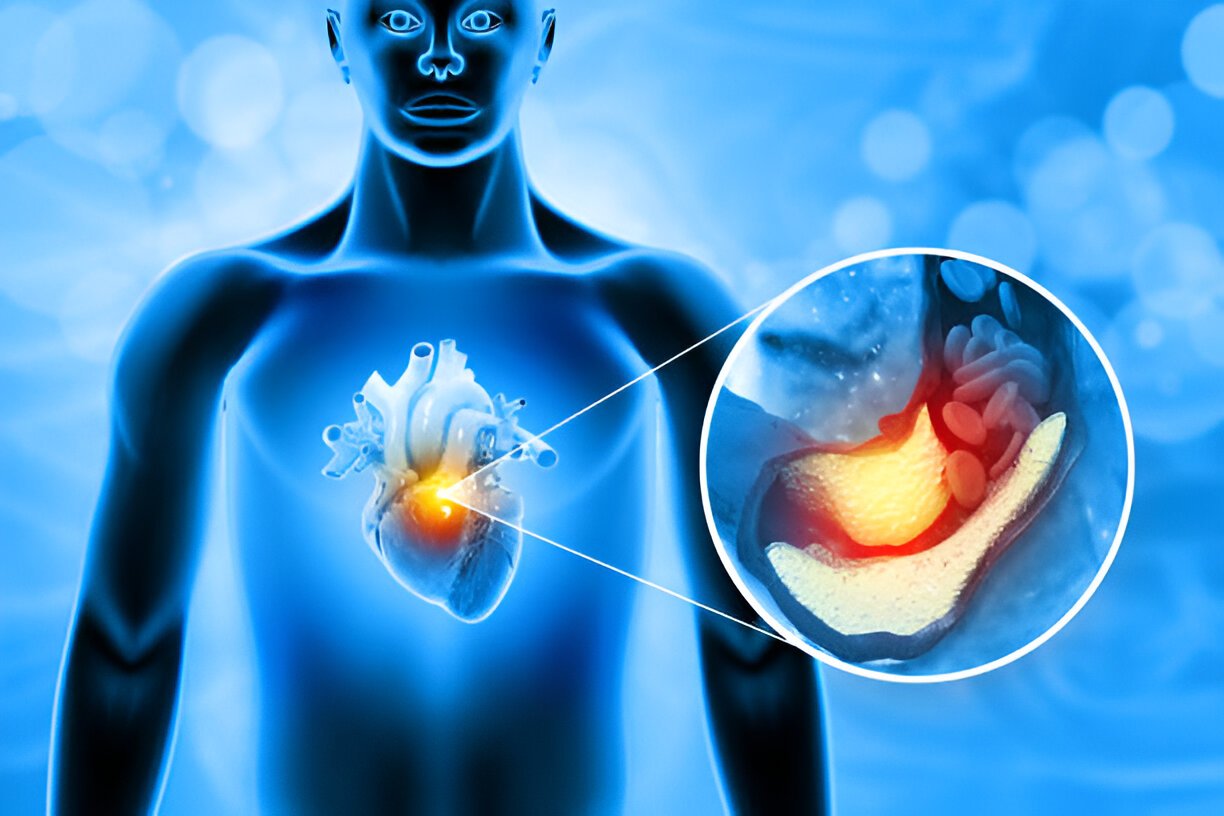Expert Advice

Cardiomyopathy is a broad term used to describe a range of diseases that affect the heart muscle, leading to significant health concerns. The heart muscle’s primary role is to pump blood throughout the body, delivering oxygen and nutrients necessary for overall health. When this vital muscle becomes diseased or damaged, its ability to function properly is compromised. This disruption can lead to a variety of issues, from mild symptoms to severe heart failure, significantly impacting an individual’s quality of life.
At Atrius, we understand the complexities of cardiomyopathy and are dedicated to providing our patients with comprehensive care and detailed information about this condition. Our approach involves not only diagnosing and treating the various forms of cardiomyopathy but also educating patients about the nuances of their specific condition. By offering a range of services and expert guidance, we aim to help you navigate your diagnosis and treatment plan effectively. Our commitment is to ensure that you have access to the latest medical advancements and personalized care tailored to your unique needs.
Understanding and managing cardiomyopathy requires a multifaceted approach, including accurate diagnosis, appropriate treatment options, and ongoing support. At Atrius, we are here to support you every step of the way, providing resources and care to help you maintain your health and well-being.
There are several types of cardiomyopathy, each with distinct characteristics and implications.
Let’s explore these in detail:
Hypertrophic cardiomyopathy (HCM) is a condition where the heart muscle becomes abnormally thick. This thickening can make it harder for the heart to pump blood. A common symptom is shortness of breath during exercise.
Hypertrophic cardiomyopathy is often inherited and can be detected through genetic testing.
-Dr (Col) Manjinder Singh Sandhu, Principal Director of Cardiology at Atrius
Dilated cardiomyopathy (DCM) involves the enlargement and weakening of the heart’s main pumping chamber, the left ventricle. This can lead to heart failure. Dilated cardiomyopathy causes include genetic factors, viral infections, and excessive alcohol consumption.
This rare type, known as arrhythmogenic right ventricular cardiomyopathy (ARVC), affects the muscle of the right ventricle, leading to arrhythmias. It is often diagnosed in young adults and athletes.
In restrictive cardiomyopathy, the heart muscle becomes rigid, limiting the heart’s ability to expand and fill with blood. Common restrictive cardiomyopathy causes include amyloidosis and fibrosis.
Peripartum cardiomyopathy occurs during pregnancy or shortly after delivery. The exact cause is unknown, but it is believed to be related to the immune system and hormonal changes.
Peripartum cardiomyopathy treatment focuses on managing symptoms and supporting heart function during recovery.
-Dr Sanjat Chiwane, Director of Cardiology at Atrius
Often triggered by extreme stress, takotsubo cardiomyopathy, also known as stress-induced cardiomyopathy, causes the heart’s left ventricle to balloon. This condition is usually temporary and reversible.
Chronic alcohol abuse can lead to alcoholic cardiomyopathy, where the heart muscle weakens and thins, impairing its ability to pump blood.
The pathophysiology of cardiomyopathy varies with each type. In hypertrophic obstructive cardiomyopathy, genetic mutations lead to abnormal heart muscle growth. In dilated cardiomyopathy, the heart muscle dilates due to damage from toxins, infections, or genetic mutations. Restrictive cardiomyopathy involves the deposition of abnormal substances in the heart muscle, leading to stiffness.
The causes of cardiomyopathy can be genetic, viral, or lifestyle-related. Key symptoms of cardiomyopathy include shortness of breath, fatigue, and irregular heartbeats. Understanding what are the specific function of cardiac muscle is crucial, as the heart muscle’s main role is to pump blood throughout the body efficiently.
Cardiomyopathy ECG findings and imaging tests like dilated cardiomyopathy echo and restrictive cardiomyopathy echo are vital in diagnosing and understanding the extent of heart damage. Additionally, dilated cardiomyopathy histology can provide insights into cellular changes in the heart muscle.
Cardiomyopathy treatments vary based on the type and severity of the condition. Common options include medications, lifestyle changes, and in severe cases, surgical interventions.
A variety of cardiomyopathy treatment drugs are available to manage symptoms and prevent complications. These include:
Certain drugs to avoid in hypertrophic cardiomyopathy include nitrates and some antiarrhythmic medications.
-Dr Hemant Gandhi, Associate Director of Cardiology at Atrius
Exciting advancements include new treatment for dilated cardiomyopathy, such as gene therapy and novel drugs targeting specific genetic mutations.

After a diagnosis of cardiomyopathy, ongoing care is essential. Regular check-ups, medication adherence, and lifestyle modifications can significantly improve outcomes.
Patients with dilated cardiomyopathy can enhance their quality of life with proper management and treatment.
-Dr Jagdeep Yadav, Intervention Specialist and Associate Director of Cardiology at Atrius
Choosing the right healthcare provider is crucial for managing cardiomyopathy. If you’re searching for a cardiac specialist, Atrius offers top-tier services. Our experts include some of the famous cardiologists in Delhi and the best cardiac surgeons in Delhi.
At Atrius, we prioritize patient care and cutting-edge treatment. Our facilities rank among the best heart hospitals in India and our team is dedicated to providing personalized, comprehensive care.
Atrius is committed to offering the latest in cardiac care and ensuring patients receive the best possible outcomes.
-Dr Ashish Gupta, Senior Consultant of Cardiology at Atrius
Don’t wait to take charge of your heart health. Schedule an appointment with Atrius. Visit our website to find out which hospital is best for heart treatment in India and book your consultation today.
For more information and to connect with our specialists, visit Atrius Cardiac Care.
Cardiomyopathy is a complex condition with various forms and causes, but with proper diagnosis and treatment, many patients can lead fulfilling lives. At Atrius, we are here to guide you every step of the way, providing expert care and support tailored to your needs.
By understanding cardiac health and partnering with trusted healthcare providers, you can manage your condition effectively and enjoy a better quality of life.